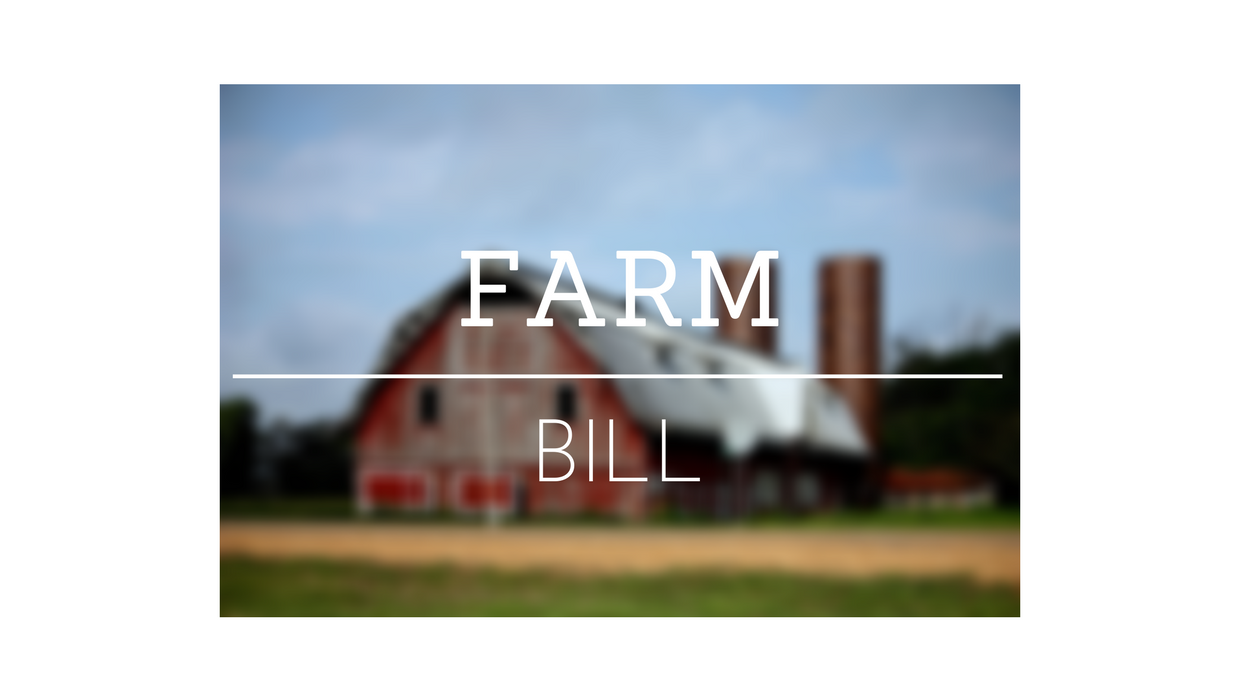The Leadership Conference on Civil and Human Rights, a coalition charged by its membership of more than 200 national organizations to promote and protect the civil and human rights of all persons in the United States, expressed its opposition to the House’s proposed farm bill.
The group, on May 14, cited proposed changes to the Supplemental Nutrition Assistance Program, specifically the expansion of stringent work requirements, that it says will threaten the economic security of low-income individuals across the country.
“Congress should instead combat hunger and food insecurity by protecting and strengthening SNAP in a bipartisan farm bill. We urge the House to vote no on H.R. 2 to protect the millions of people across the country who depend on SNAP to access adequate nutrition for themselves and their families,” the letter said.
The group said in its letter that on partisan lines the House Agriculture Committee has put forward a bill that would take away SNAP benefits from “more than 1 million low-income households with more than 2 million people—particularly low-income working families with children,” and would cut more than $20 billion from SNAP over 10 years.
“The harsh new requirements that it would impose would result in taking nutrition assistance away from the individuals that need them the most, disproportionately harming people of color, women, children, people with disabilities, and the elderly. For communities of color, who experience food insecurity at higher rates compared with all U.S. households, changes to the SNAP program could make a major difference in their ability to get food on the table. In 2016, food insecurity affected 23 percent of African American households and 19 percent of Latino households.
“Given the existing institutional barriers that communities of color face in achieving economic security, any efforts to further restrict access to nutrition assistance programs could be particularly devastating. The nutrition provisions of the farm bill passed on party lines by the House Committee on Agriculture on April 18 would increase food insecurity and hardship for some of the most vulnerable individuals living in America.”
The group said it supports the goal of helping people find work, but it is imperative the nation do so by providing employment opportunities that have sufficient hours, livable wages, and institutional systems and policies that allow working people to support themselves and their families.
“Without these types of supports, a job alone is not sufficient to promote food security, well-being, and economic mobility. There are a variety of remedies that would allow all working people, and specifically those enrolled in public benefit programs, to have jobs that provide fair wages, promote productivity, and allow them to care for themselves and/or their families,” the letter said.
“This includes passing legislation that would raise the minimum wage, ensure fair work scheduling, provide paid family and medical leave and paid sick days, expand Medicaid eligibility, and address basic living standards.”
The House farm bill is a flawed bill, the group says, because it will exacerbate the already striking consequences of the tax law passed by Congress late last year.
“The nutrition title in H.R. 2 includes benefit cuts and harsh new requirements that, among other problems, would hurt many low-income working families, children, and individuals who struggle to find stable employment. Imposing barriers to food assistance will not incentivize or equip people with what they need to seek and maintain work. It will only result in many SNAP participants losing critical food assistance, increase hardship, and further widen inequality,” the letter said.
Among signatories to the letter, were representatives from the National Partnership for Women and Families, National Congress of American Indians, NAACP, AARP, American Association for People with Disabilities, Human Rights Campaign, People for the American Way, National Urban League, ACLU, AFL-CIO, American Federation of Teachers, National Education Association, and the League of Women Voters.
Larry Dreiling can be reached at 785-628-1117 or [email protected].

